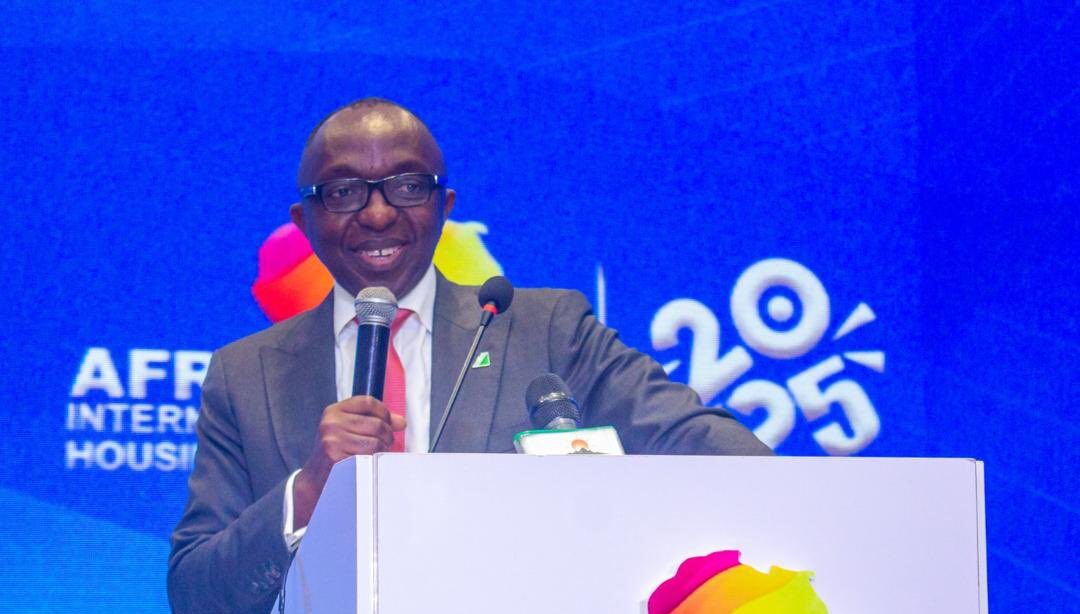Nigeria Audits N38.3 Trillion in Public Assets to Curb Waste and Boost Transparency
Abuja, Nigeria – August 6, 2025 – The Federal Government of Nigeria, through the Ministry of Finance Incorporated (MOFI), has launched a comprehensive audit of N38.3 trillion in public investment assets to enhance transparency, curb waste, and strengthen corporate governance in state-owned enterprises. The initiative, announced by MOFI’s Chief Executive Officer, Dr. Armstrong Takang, during the Nigerian Communications Commission’s 2025 Corporate Governance Guidelines launch in Lagos, aims to transform Nigeria’s management of public wealth and support its ambition to become a $1 trillion economy.
Uncovering Hidden Wealth
Dr. Takang revealed that Nigeria has historically lacked a clear record of its public assets, with initial estimates valuing government-owned assets at just N1.5 trillion. However, after auditing only 20 assets, MOFI identified a staggering N38.3 trillion in net asset value, highlighting the vast potential of Nigeria’s public holdings. “Most people could not say what the country owned, where those assets were, or how they were performing,” Takang said. He noted that the figure is expected to rise significantly as MOFI completes its review of over 130 asset classifications, including Government-Owned Entities (GOEs) and Government-Linked Companies (GLCs), where MOFI holds a majority stake in over half.
The audit is part of a broader reform to professionalize asset management, ensuring assets like the Bank of Industry, Development Bank of Nigeria, and Nigerian Railway Corporation are accurately valued and efficiently managed. Takang emphasized that re-evaluating assets like railways and airports could push their worth into trillions, unlocking significant economic potential.
National Asset Register and Corporate Governance
A cornerstone of MOFI’s strategy is the creation of a National Asset Register, now accessible on the Finance Ministry and MOFI websites. This database details asset values, locations, ownership, and performance, marking a major step toward transparency. “This is not just for record-keeping; it’s about accountability. Every Nigerian deserves to know what the government owns and what returns we are getting,” Takang stated.
MOFI has also introduced a corporate governance scorecard to evaluate state-owned enterprises based on transparency, dividend payments, capital growth, liquidity, and community impact. The scorecard, developed with independent experts from the Financial Reporting Council, Institute of Directors, and Society for Corporate Governance, aims to ensure these entities operate like competitive businesses. “Those in charge often behaved as if they were not answerable to anyone. There was no transparency, no audited financials, no performance reporting,” Takang noted, highlighting past mismanagement.
Government’s Push for Economic Growth
The Minister of Finance and Coordinating Minister for the Economy, Wale Edun, underscored the audit’s role in supporting Nigeria’s fiscal goals. In Q1 2025, federal revenue reached N6.9 trillion, a 40% increase from N5.2 trillion in Q1 2024, driven by improved transparency in revenue collection and exchange rate adjustments. Edun emphasized fiscal discipline, noting that the debt service-to-revenue ratio dropped to 60% by the end of 2024 from a high of 150%.
Minister of State for Finance, Dr. Doris Uzoka-Anite, urged MOFI to develop a roadmap for valuing and managing all federal assets, both domestic and international, to drive job creation and economic resilience through diversified investments. She highlighted global examples like Australia, the UK, and Singapore, where robust asset management has fueled economic growth.
Context and Challenges
MOFI’s efforts build on a 2022 restructuring approved by then-President Muhammadu Buhari, which aimed to revive N30 trillion in underperforming assets. The agency transitioned from a civil service unit under the Accountant General’s office to a world-class investment company with professional management. However, Nigeria faces fiscal challenges, with a N39 trillion negative net asset balance reported in 2024 by the Accountant General, underscoring the urgency of MOFI’s reforms.
Public sentiment on X reflects skepticism about government financial management, with users like @mizposhey citing N210 trillion allegedly missing from the Nigerian National Petroleum Company Limited (NNPCL) and @kayomosebi warning that by 2028, 68% of federal revenue could go to debt servicing. These concerns highlight the stakes of MOFI’s transparency push.
Looking Ahead
MOFI aims to grow its portfolio to N100 trillion by 2033, create 50,000 jobs in five years, and establish five sector-focused growth funds to drive innovation and competitiveness. The audit and asset register are critical steps toward reducing financial leakages, boosting revenue, and restoring public trust. As Takang put it, “A rich man in a poor country is still poor. We must build a strong economy, starting with managing what we own.”
For more details, visit the National Asset Register on the Finance Ministry or MOFI websites or contact federal authorities for updates.
